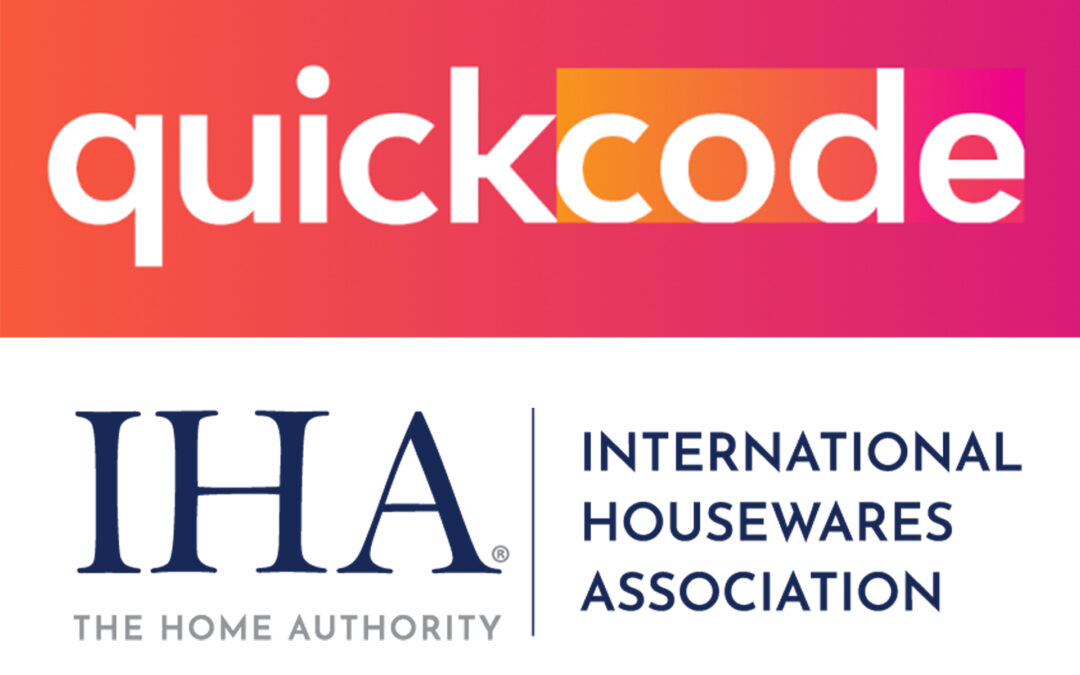The Conference Board Consumer Confidence Index increased in October to 108.7 jumping from just below to well over the dividing line between positive and negative sentiments, which is a rating of 100. The September reading was 99.2.
As they assessed current business conditions, 21.4% of consumers said business conditions were good, up from 18.6% in September; and 16.4% said business conditions were bad, down from 20.5% in the month earlier. As for the labor market 35.1% of consumers said jobs were plentiful in October, up from 31.3% in September; and 16.8% of consumers said jobs were hard to get, down from 18.6% in the month prior.
As they looked ahead six months, 21% of consumers expected business conditions to improve, up from 19.4% in September; and 13.2% expected business conditions to worsen, down from 17.1% in the month before. At the same time, 17.8% of consumers anticipated more job availability, up from 17.1% in September; and 17.1% anticipated fewer jobs, down from 18.8% in the month previous.
In what could be critical in the holiday season, 18.9% of consumers said they expected their incomes to increase, unchanged from September, and 12.8% expected their incomes to decrease, down from 12.9% in the month past. Nothing more than a marginal change, the numbers still suggest that consumers who have been spending at a fair enough clip to keep the economy moving forward will continue to do so in the immediate future. I
In a reading that suggests more about affluent consumers, who tend to spend more as their investments rise, consumers became more upbeat about the stock market in October, with 51.4% expecting share prices to increase over the year ahead, the highest reading since the question was first asked in 1987, as only 23.6% expected stock prices to decrease. To that point, the stock market today received an immediate post-election lift to reach record heights.
Moreover, despite declines in energy and some general merchandise categories, which overall have been fairly flat, average 12-month inflation expectations rose to 5.3% in October from 5.2% in September, which may reflect ongoing gains in service prices. Still, inflation expectations were well below the peak of 7.9% in March 2022.
Consumers didn’t put much trust in their credit prospects, as the proportion of consumers expecting higher interest rates over the next 12 months increased to 47.5% after declining for four months in a row, the Conference Board pointed out, while the proportion expecting lower rates decreased to 30.3%. Write-in responses showed that consumers welcomed the recent reduction in interest rates but felt that levels were still too high, the Conference Board added, which is not great news for companies offering products that consumers generally purchase on credit. Yet, on a six-month moving average basis, purchasing plans for the most-credit dependent purchases, those for homes and new cars, continued to increase. When asked about plans to buy more durable goods or services over the next six months, consumers expressed a slightly greater preference for purchasing goods. In the Conference Board survey, consumer buying plans for big-ticket appliances were mixed while purchasing intentions for electronics slightly down. On the services side, plans to dine out and stay in hotels increased in October.
In announcing the confidence numbers, Dana Peterson, Conference Board chief economist, said, “October’s increase in confidence was broad-based across all age groups and most income groups. In terms of age, confidence rose sharpest for consumers aged 35 to 54. On a six-month moving average basis, householders aged under 35 and those earning over $100K remained the most confident. The proportion of consumers anticipating a recession over the next 12 months dropped to its lowest level since the question was first asked in July 2022, as did the percentage of consumers believing the economy was already in recession.”





